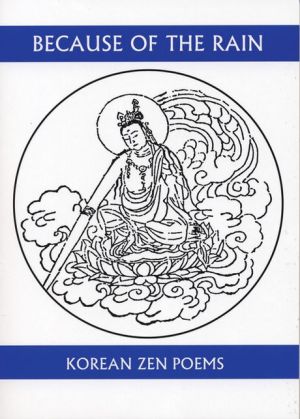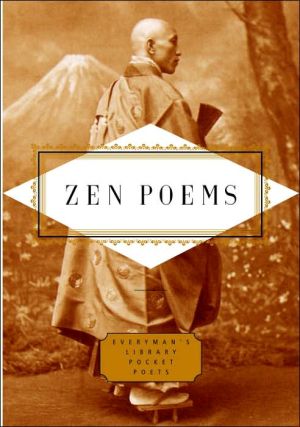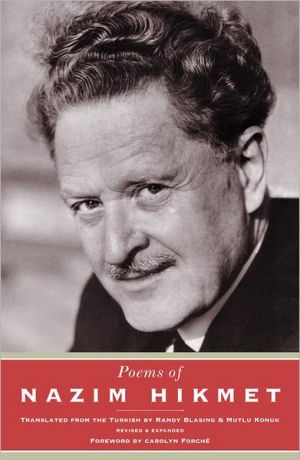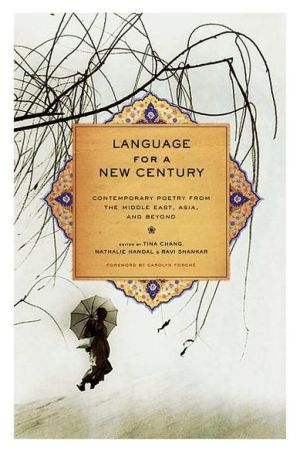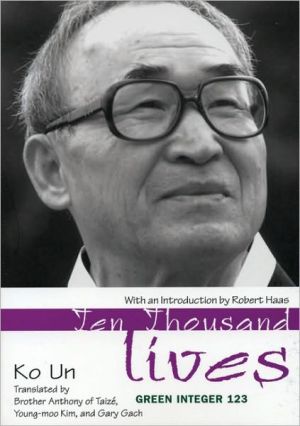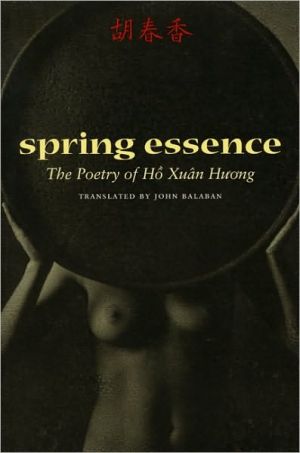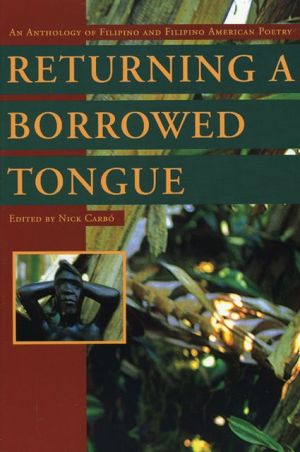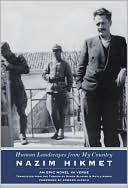Hidden Treasure (Pata Khazana): An Anthology of Pas'hto Poetry
An anthology of Pas'hto poetry, The Hidden Treasure (Pata Khazana) was written in 1728-29 by Mohammad under the patronage of emperor Shah Hussain Hotak. The author of the book was an outstanding literary figure of his time in Qandahar and sanctified this work to Pas'hto poets. The book is written in three parts: The first is dedicated to poets of the past from the eighth to the seventeenth century. The second deals with contemporary poets of Mohammad Hotak's time and the third refers to known...
Search in google:
An anthology of Pas'hto poetry, "The Hidden Treasure" (Pata Khazana) was written in 1728-29 by Mohammad under the patronage of emperor Shah Hussain Hotak. The author of the book was an outstanding literary figure of his time in Qandahar and sanctified this work to Pas'hto poets. The book is written in three parts: The first is dedicated to poets of the past from the eighth to the seventeenth century. The second deals with contemporary poets of Mohammad Hotak's time and the third refers to known poetesses of the Pas'hto language. At the end of the book the author talks about his life and literary prowess. It was translated into Persian by Professor Abdul Hay Habibi in 1944. He also provided detailed annotations of literary works and historical events, and a list of over 200 words which are out of use in the language now or are rarely used. In presenting the importance of the book Professor Habibi provides notes on its prose and poetry by examining the history of Pas'hto prose.Author Biography: Khushal Habibi is also the author of "Arabian Gazelles" (1991, Riyadh), and "The Desert Ibex" (1994, Immel, London).M. Hassan Kakar"A welcome addition particularly for those who are interested in the history of Pashto literature."
PrefaceIntroduction1The Book's Prose3Pashto prose before 1000 H./1592 A.D.3The characteristics of Mohammad's writing5The Book's Poetry9The influence of environment11Valor and pride13Description of scenery14Love and the fondness of beauty15Social feelings15The novelty of imagination and fluency17Professor Habibi's Remarks (Commentary)19The writings of Professor Morgenstierne20Afghanistan: by Louis Dupree27The skepticism of Dr. Ali Akbar Jafari30Native skeptics33Preamble51The First Treasure55Baba Hothek55Shaikh Malikyar57Shaikh Khrasboon Sarrbanay59Shaikh Mathi Ghoryakhel Sarrbanay60Amir Krorr Jahan Pahlavan63Shaikh Asad Suri66Skarandoi69Abu Mohammad Hashim71Shaikh Taiman73Shaikh Bostan Bareitsh74Shaikh Reza Ludi75Shaikh Esa Meshwanay77Sultan Bahlol Ludi78Khushal Khan Beg79Zarghoon Khan Nourzay82Dost Mohammad Kakarr84Abdul Rahman Baba87Shaikh Mohammad Saleh90Ali Sarwar93The Second Treasure95Mullah Baz Toukhay95Shah Hussain97Mohammad Yunus Khan100Mohammad Gul Masaud103Abdul Qadir Khan Khatak104Bahadur Khan107Mullah Mohammad Sediq Popalzay109Mullah Pir Mohammad Miyaji110Allahyar Afreday112Babojan Babey113Redei Khan Mohmand114Mullah Mohammad Adil Barreitsh121Mohammad Tahir Jamaryanei122Mullah Mohammad Ayaz Neyazay123Mullah Mohammad Hafiz Barakzay124Nasruddin Khan Andarr126Mullah Nour Mohammad Ghaljay128Abdul Latif Atshekzay130Saidal Khan Naser132The Third Treasure135Nazo Toukhay135Halimah Hafiza137Bebe Naekbakhta138Bebe Zainab141Zarghoona146Rabia147End of the Book149Annotations153Rare Words201Bibliography213Index217
\ Nazir PashtoonAn exemplary rendition to the history of Pashto literature in the English language.\ \ \ \ \ M. Hassan KakarA welcome addition particularly for those who are interested in the history of Pashto literature.\ \ \ Nazir Pashtoon"An exemplary rendition to the history of Pashto literature in the English language."\ \ \ \ \ M. Hassan Kakar"A welcome addition particularly for those who are interested in the history of Pashto literature."\ \ \ \ \ BooknewsAn anthology of Pas'hto poetry, written by Mohammad Hotak in 1729, and edited and annotated in 1944 by Professor Abdul Hay Habibi. The poems deal with valor and pride, social feelings, natural beauty, gnosticism and humor. Habibi's notes reveal their historical importance, providing insight into the obscure history of ancient Pas'hto literature and the lives of the men and women who created it. The translation will appeal to linguists, etymologists, poets, and students and scholars of history and eastern literature. Annotation c. by Book News, Inc., Portland, Or.\ \

